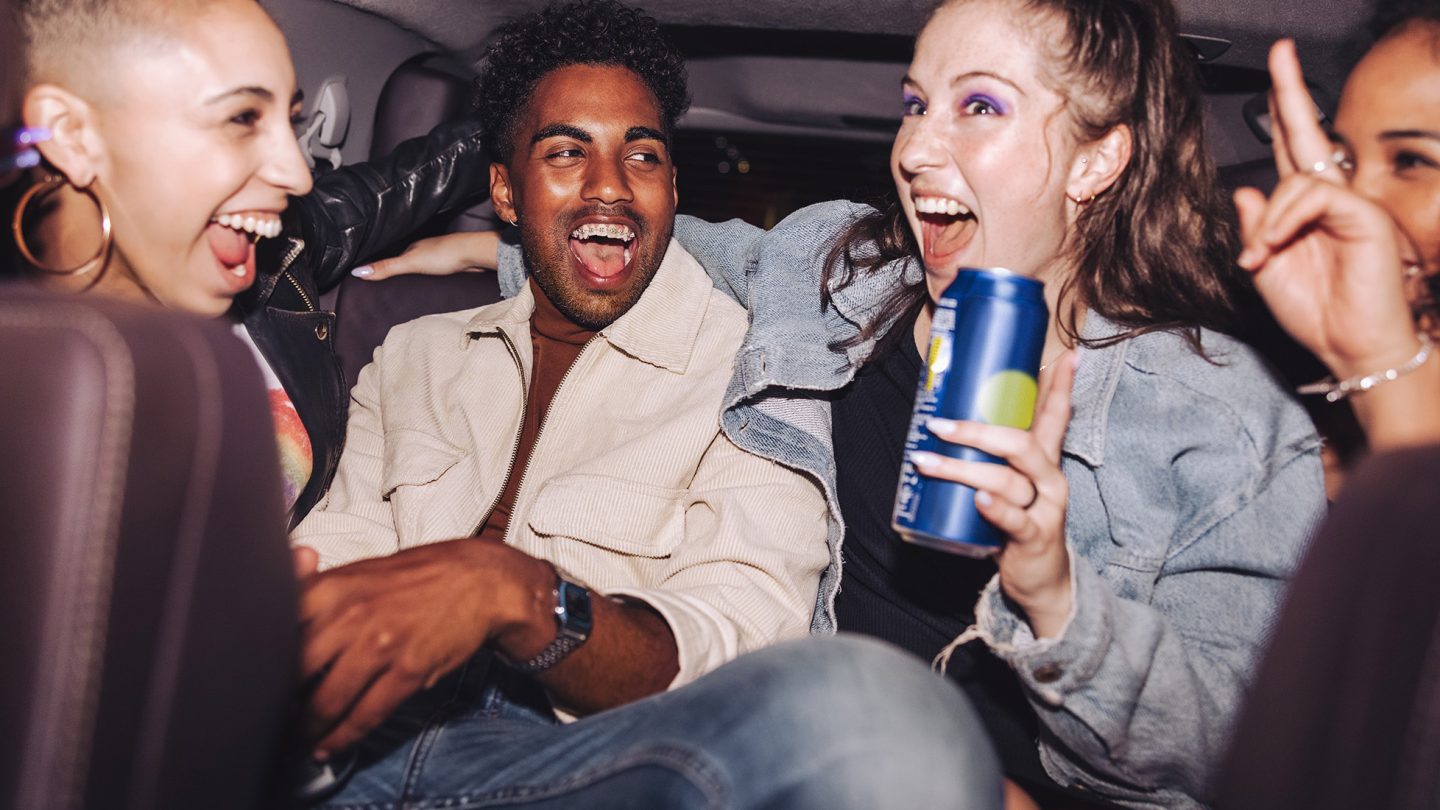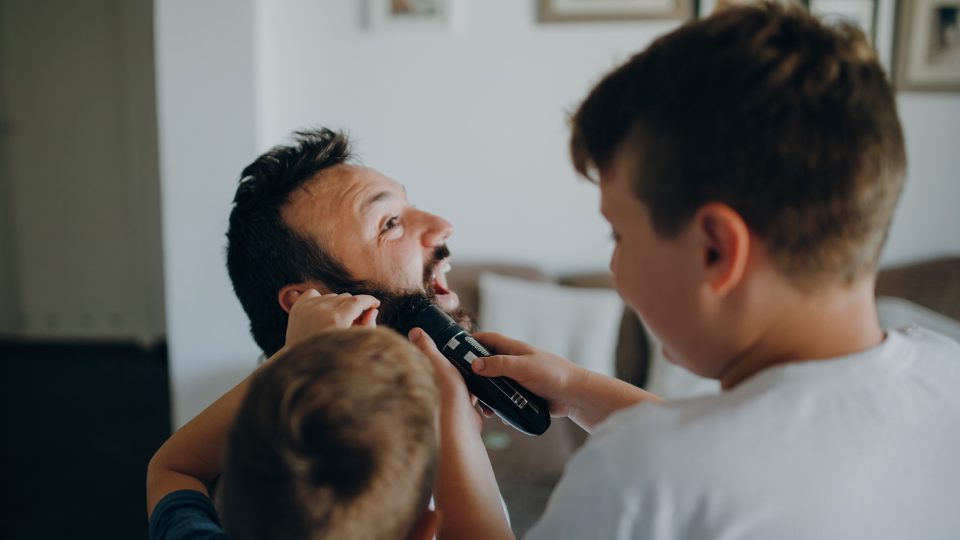The relationship between smoking and alcohol

Triggers are one of the biggest challenges you can face when trying to quit. Knowing what to expect and how to deal with them can help you stay on track. A trigger is something that makes you want to smoke. It can be a stressful situation, sipping coffee, going to a party, or smelling cigarette smoke.
For many, alcohol is a trigger that makes them want to smoke as both smoking and alcohol affect your feel-good hormones.
With major sporting events like Euro 2024, Wimbledon and the Olympics this summer it’s good to think ahead and have a plan to stay on track with your quit attempt.
We’ve put together a guide explaining how alcohol can affect your quit attempt, how you can manage cravings and get free access to support near you.
The link between smoking and alcohol
The link between smoking and alcohol can be challenging when you’re trying to quit smoking as they often go hand in hand in social settings.
Both nicotine and alcohol act on the brain’s reward system, particularly the dopamine pathway, which is involved in feelings of pleasure and reward. This can create a mutual effect in the brain when nicotine and alcohol are consumed together, reinforcing each other’s addictive properties.
Nicotine and alcohol can enhance the effects of each other. For example, nicotine can increase the rewarding effects of alcohol, making it more pleasurable to consume. Alcohol can also increase the desire for nicotine, leading to stronger cravings for cigarettes. This is why the two are so commonly linked together.
Smoking and drinking often occur together in social settings such as pubs, nights out and group events between friends, family and acquaintances which increases the likelihood of smoking and drinking together.
Nicotine – the addictive chemical found in cigarettes – alters how your brain responds to alcohol. Drinking alcohol elicits a feel-good response – similar to the temporary experience smokers feel when they smoke a cigarette.
A study by University College London found that smoking and dependency increased in line with alcohol consumption – that is, the more a person drank, the more likely it was that they smoked, and the more cigarettes they were likely to smoke in a day.
If you are trying to quit smoking, this can be a challenging trigger to avoid and can even cause some people to relapse.
Why do I want to smoke when I drink alcohol?
Alcohol can make it difficult to quit smoking for several reasons.
Alcohol affects brain chemistry; intensifies cravings for nicotine, blurs critical thinking and weakens resolve – making it harder for you to resist the urge to smoke.
Smoking cravings can be stronger when drinking because of the way alcohol affects the brain’s reward system. Both alcohol and nicotine activate similar reward pathways in the brain, leading to the release of neurotransmitters like dopamine.
Dopamine is a hormone associated with feelings of pleasure and reward, so when alcohol and nicotine are consumed together, they can increase each other’s effects on these reward pathways which can intensify the pleasurable sensations experienced.
Social situations involving alcohol often include other smokers. This creates a challenging environment when you’re trying to quit.
How can I manage cigarette cravings when around alcohol?
If you are trying to quit smoking, you will experience withdrawal symptoms. It is important to note that these symptoms often feel stronger in the first week and then gradually improve.
We’ve put together a few top tips – inspired by those who have successfully quit – on how to manage cravings.
- Plan ahead: Before attending social events, plan how you will handle cravings. Have a strategy in place for saying no to tobacco.
- Limit alcohol intake: Reducing the amount of alcohol will help you stick to your quit smoking plan.
- Stay busy: Engage in activities that keep your hands and mind occupied, such as holding a non-alcoholic drink, eating low fat snacks or using a vape.
- Use nicotine replacements: Consider using fast-acting nicotine gum, spray, or lozenges, alongside nicotine patches to help manage cravings.
- Bring support: Bring a friend or family member who knows you’re quitting and can offer support.
- Avoid triggers: Stay away from areas where people are smoking or spend time with some of the non-smokers in your group.
- Don’t be afraid to say no: Rehearse polite ways to decline offers of cigarettes so you’re prepared if the situation arises.
- Stay hydrated: Drink plenty of water to help reduce cravings and prevent dehydration from alcohol.
- Remind yourself of your goals: Keep your reasons for quitting top of mind. Remind yourself of the benefits, your motivation, and your progress.
- Seek professional help: If cravings are intense and you feel close to relapsing, seek support from your local stop smoking service.
Expert hints and tips to help you with your quit smoking attempt
General Practitioner, Eugenia Lee, shares advice on what can help you during a quit smoking attempt.

Which quit smoking tools work best when you are drinking?
If you are going to have a drink, using one or more stop smoking tools can help you stick to your plan and fight nicotine cravings.
You may find quick release form of over-the-counter nicotine products like a spray, gum, lozenge or inhalator alongside a slow-release patch can help you resist the sudden urge to smoke.
A vape not only helps to reduce the nicotine withdrawal you will experience when you stop smoking, it also gives you something to do with your hands when you find yourself wanting to reach for a cigarette.
Find out more about the best vape to quit smoking and how to use nicotine replacement products.
Benefits of quitting smoking
Quitting smoking offers numerous health benefits that can significantly improve your quality of life.
Stopping smoking reduces the risk of lung cancer, heart disease, stroke, and respiratory illnesses. Within weeks of quitting, lung function and circulation will improve dramatically, and your sense of taste and smell will have returned.
After several months, your risk of developing cancer and cardiovascular diseases will have dropped considerably.
Smoking and drinking have a huge drain on your finances. See how much you could save by using our Stop Smoking London calculator.
Giving up alcohol also has many advantages and the NHS has advice and support for reducing the amount of alcohol you drink. Find out more here.
Access free support to quit with Stop Smoking London
There is no safe amount of smoking. The best way to protect your health and others around you is to quit completely.
Combining stop smoking aids, such as NRT, vapes or prescribed medications, with expert support significantly increases your chances of successfully quitting smoking.
Quitting smoking can be challenging, but we are here to help you. We have helped thousands of people quit smoking for good and have a wide variety of helpful services and resources that are free to use.
Find your nearest local stop smoking service.
Sign up for the free text messaging service here.
Call the free Stop Smoking London Helpline.
Access helpful guides, read success stories from ex-smokers and use free resources.



